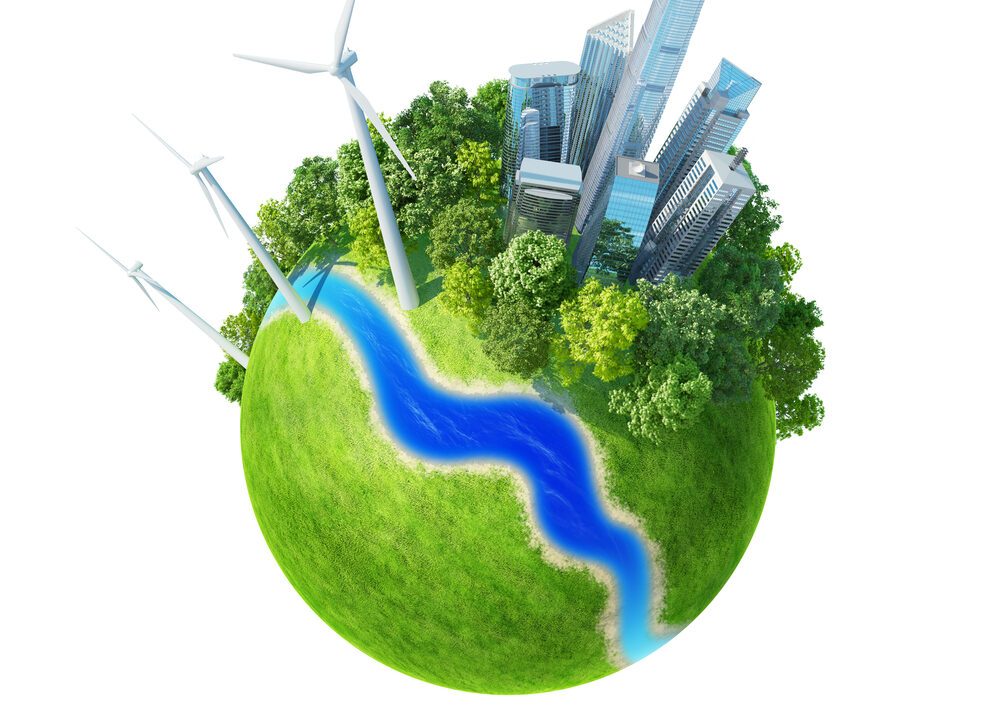Environmental NGOs are engaged in a continuous campaign of undermining the agri-food sector, according to IFA Environment Chairman, Thomas Cooney.
Cooney has accused these bodies of undermining the agri-food sector, which he says is Ireland’s largest indigenous sector providing employment to over 300,000 people directly and indirectly. He also points out that the sector has delivered a “50% increase in exports over the last decade – to €11 billion”.
Referring specifically to research quoted by the environmental movement this weekend, Cooney said: “Data being reported by these bodies is not a measure of carbon efficiency specifically – and should not be misrepresented as such.
“Furthermore, such data is incomplete as it excludes greenhouse gasses both emitted and stored, which are associated with grassland and cropland. Therefore, the study itself is only looking at an element of farming. The environmental movement also fails to acknowledge Ireland’s productivity efficiency, with respect to greenhouse gasses identified in its report.
“These organisations have loads of data, but very little wisdom,” he said.
They sit in judgement and criticism of the sustainable development of the agri-food sector, but provide absolutely no alternative coherent vision or plan for the sector.
“And their campaign of noise continues, as they ignore the facts from the European Commission’s science and knowledge service, the Joint Research Centre, which has demonstrated conclusively Ireland’s leading position in sustainable food production.”
On agri-environment policy generally, Cooney said: “While other sectors such as transport have allowed emissions to spiral out of control, farmers supported by strong policies from Government have stepped up. No other country in the world measures, manages and monitors carbon from farm to fork like we do in Ireland.
“Over 90% of beef exports are now in an ‘audit and carbon’ foot-printing programme. 100% of milk production is entering into a carbon auditing cycle, with over 100,000 carbon assessments completed on farms to date.”
He said that almost 90% of the measures in Ireland’s Rural Development Programme have climate-reducing elements. One example, he cited, is the Green Low-Carbon Agri-Environment Scheme (GLAS), which over the next five years will deliver the following:
• 90,000ha of land with a crop cover, delivering almost 50,000t of carbon dioxide savings annually;
• Minimum tillage being used across 30,000ha of land, sequestering over 10,000t of carbon dioxide each year;
• 1.4 million metres of new hedgerows, sequestering almost 5,000t of carbon dioxide each year.
“Regardless of short-term views being expressed by some, the reality as set out in the international climate agreement in Paris, and before by the EU, is that food production must not be compromised when addressing climate challenges,” Cooney said.
“This is not a reason for inaction. Ireland’s agri-food sector is to the fore in leading the sustainable development of the sector and is recognised as such across Europe.”
